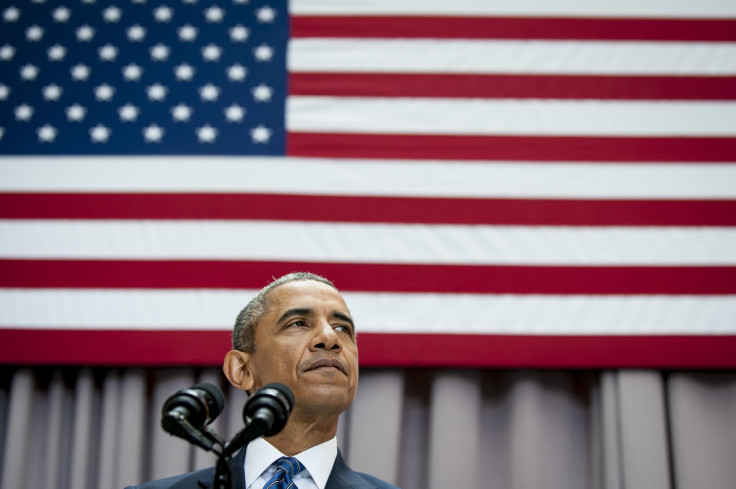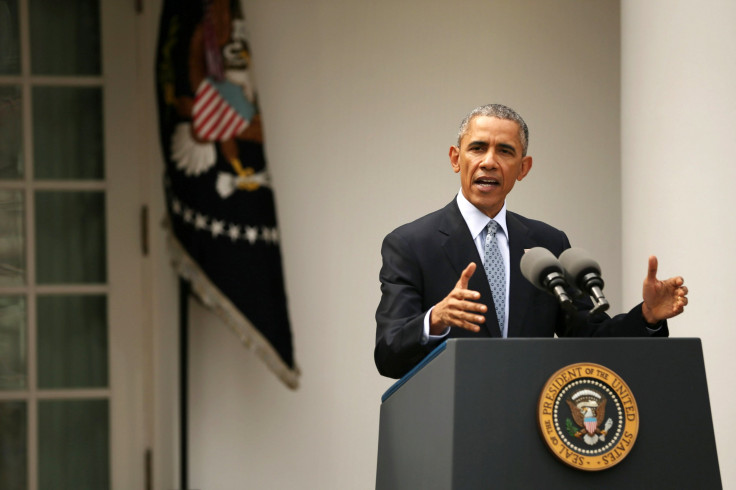Iran Nuclear Deal: 200 Retired Generals And Admirals Urge Rejection Of Deal In Letter To Congress

In the latest pushback to President Barack Obama’s Iran nuclear deal, nearly 200 retired U.S. generals and admirals penned a letter to Congress on Wednesday. The letter urged lawmakers to reject the agreement, saying that it threatened national security, the Washington Post reported.
In recent weeks, letters showing support and opposition to the controversial Iran nuclear deal have poured into Congress, attempting to push lawmakers to either accept or reject the deal. A letter written last week by three dozen retired senior military officers showed support for the Iran deal, and 29 of the nation’s leading scientists also wrote a letter earlier this month praising the Iran agreement, calling the deal “technically sound, stringent and innovative” and said it would “provide the necessary assurance in the coming decade and more that Iran is not developing nuclear weapons.”
The letter penned on Wednesday, though, held a different opinion.
“The agreement will enable Iran to become far more dangerous, render the Mideast still more unstable and introduce new threats to American interests as well as our allies,” the letter, signed by 200 retired generals and admirals, stated.

Retired generals and flag officers from every branch of service signed the letter, the Washington Post reported, including Lt. Gen. William G. “Jerry” Boykin, who was the undersecretary of defense for intelligence under President George W. Bush and is now the executive vice president of the Family Research Council. Retired Vice Adm. John Poindexter and retired Maj. General Richard Secord also signed the letter. The pair had been involved in the Iran-Contra affair, during which arms were sold to Iran to fund the contras in Nicaragua. Leon A. “Bud” Edney, a retired admiral who served as vice chief of naval operations, initiated the letter.
Groups on both sides of the Iran deal have been scrambling to get their opinions heard as lawmakers must vote by Sept. 17 whether to disapprove the deal. Under the Iran nuclear deal, the U.S. and other world powers will relieve all oil and financial sanctions against Iran, and in return Iran will scale back its nuclear activities to ensure that it cannot build a nuclear weapon.
The Republican majority has been opposed to the agreement, so the Obama administration has focused its efforts in ensuring enough Democratic support to be able to withstand a presidential veto. As of Wednesday, 29 senators have announced their support out of the 34 needed to block a veto override.
© Copyright IBTimes 2025. All rights reserved.






















